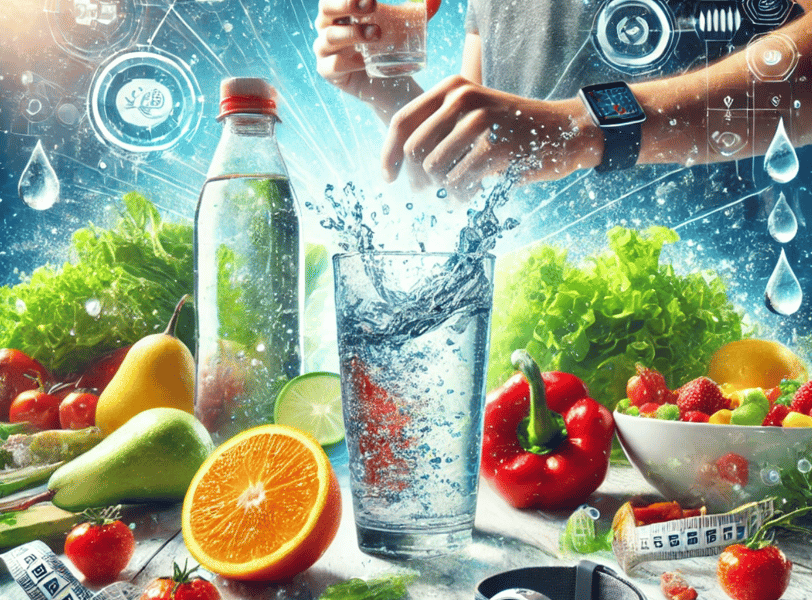Staying Hydrated for Optimal Health
The Essential Guide to Water Intake
6/28/20242 min read


Recognizing Dehydration
Symptoms of dehydration include thirst, dry mouth, fatigue, dizziness, and dark-colored urine. In severe cases, dehydration can lead to heatstroke, urinary and kidney problems, seizures, and hypovolemic shock.
Staying Hydrated
Start Your Day with Water: Begin each morning with a glass of water to kickstart hydration.
Eat Water-Rich Foods: Incorporate fruits and vegetables with high water content into your diet.
Monitor Your Urine: Aim for light-colored urine as an indicator of good hydration.
Use a Reusable Water Bottle: Keep a water bottle handy to remind you to drink regularly.
The Myth of Overhydration
While it’s important to stay hydrated, overhydration or water intoxication can occur when you drink too much water in a short period. This can lead to hyponatremia, where sodium levels in the blood become dangerously low.
Conclusion
Water is vital for life and health. By understanding the importance of staying hydrated and implementing strategies to ensure adequate water intake, we can support our bodies’ needs and enhance our overall well-being.
Want to dive deeper into the well of health? Subscribe to our newsletter for refreshing insights on hydration and wellness. Stay fluid, stay informed, and never miss a drop of our exclusive content. Sign up now and take the first step towards a hydrated, healthier you!
Sign up below and get your FREE Ebook " The HIIT Revolution”
Water is the elixir of life. It’s a simple molecule, H2O, yet it’s crucial for every cell, tissue, and organ in our body. Staying hydrated is not just about quenching thirst—it’s about maintaining health, vitality, and balance within our bodily systems. In this comprehensive guide, we’ll dive into the science of hydration, explore the benefits of water intake, and provide practical tips for incorporating more water into your daily routine.
The Science of Hydration
Our bodies are composed of approximately 60% water. It’s a key component of blood, helps regulate body temperature, acts as a lubricant for joints, and assists in nutrient absorption and waste removal. When we don’t consume enough water, our bodies can’t perform these functions effectively, leading to dehydration.
How Much Water Do We Need?
The amount of water needed can vary based on factors such as age, gender, climate, physical activity, and overall health. A general guideline is the “8x8 rule”—eight 8-ounce glasses of water a day (about 2 liters). However, some individuals may need more, especially athletes or those living in hot climates.
Benefits of Staying Hydrated
Enhanced Physical Performance: Adequate hydration can prevent the decline in physical performance due to dehydration, which can occur with as little as 2% loss of body water.
Cognitive Function: Even mild dehydration can impact concentration, alertness, and short-term memory.
Digestive Health: Water helps dissolve fats and soluble fiber, allowing these substances to pass through more easily.
Detoxification: Kidneys require water to filter waste from the blood and excrete it through urine.
Skin Health: Proper hydration can improve skin hydration and elasticity.
